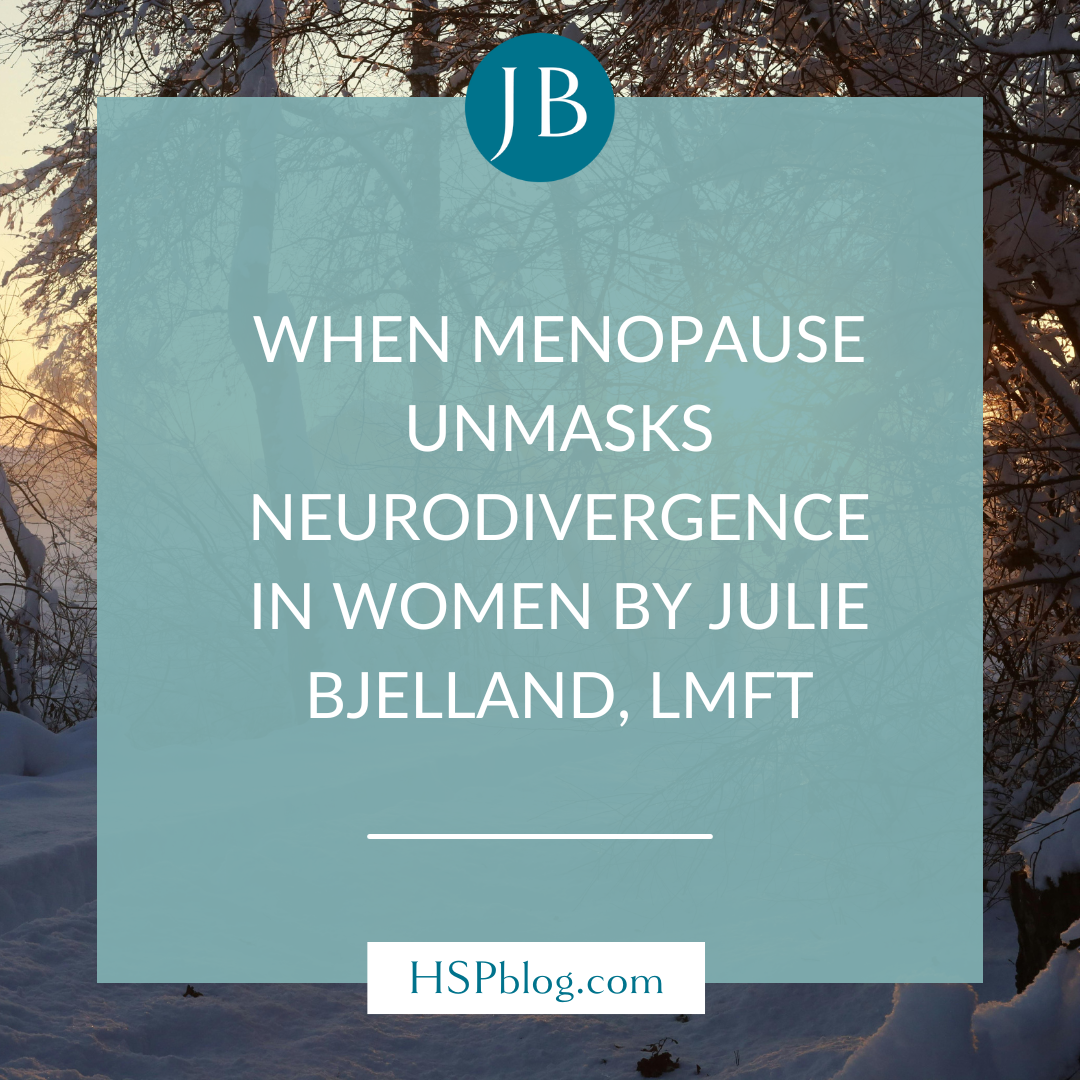Creating Safe Spaces for BIPOC and LGBTQ+: Fostering Inclusivity and Empowering Marginalized Communities
In a world where diversity should be celebrated, marginalized communities, including Black, Indigenous, and people of color (BIPOC), and LGBTQ+ (Lesbian, Gay, Bisexual, Transgender, and Queer/Questioning), individuals, often face discrimination, prejudice, and microaggressions. Creating safe spaces for these communities is not just a matter of choice; it's a necessity. These spaces serve as sanctuaries where individuals can find refuge, support, and understanding, fostering inclusivity and empowerment.
1. Promoting Inclusivity and Diversity
Safe spaces are essential because they acknowledge and embrace marginalized groups' unique experiences, perspectives, and identities. These spaces promote inclusivity and celebrate diversity by providing an environment of acceptance, creating a sense of belonging.
2. Mental and Emotional Well-being
The impact of discrimination on mental and emotional well-being cannot be overstated. Safe spaces offer respite from the daily struggles faced by marginalized individuals, reducing stress, anxiety, and fear. When people feel safe, their mental and emotional health can significantly improve, leading to a more positive outlook.
3. Building Community and Support Networks
Safe spaces facilitate connections between individuals who share similar experiences and challenges. Through these connections, marginalized communities can build strong support networks, combating feelings of isolation and fostering a sense of empowerment. This community support is invaluable for personal growth and resilience.
4. Encouraging Open Dialogue
Open and honest dialogue is vital for raising awareness about the issues faced by marginalized communities. Safe spaces provide an atmosphere where individuals can engage in these conversations without fear of judgment. These discussions are essential for challenging societal norms, prejudices, and misconceptions.
5. Empowering Marginalized Voices
Safe spaces allow marginalized individuals to share their stories, experiences, and aspirations. Empowering these voices is crucial for societal progress. When people feel valued and heard, they are more likely to engage in activism, advocate for policy changes, and challenge discriminatory practices.
6. Educational Opportunities
When these spaces are provided, they can also function as educational hubs, offering resources, workshops, and discussions that promote awareness and understanding. Education is vital to breaking down stereotypes and fostering empathy. By providing educational opportunities, safe spaces contribute to a more enlightened society.
7. Promoting Social Change
Playing a vital role in social change by fostering a sense of empowerment and providing a supportive environment, empowered individuals are more likely to engage in activism, advocate for policy changes, and challenge systemic inequalities. Safe spaces, therefore, contribute significantly to building a more just, compassionate, and inclusive world.
The importance of creating safe spaces for marginalized communities, including BIPOC and LGBTQ+, cannot be overstated. These spaces represent a commitment to fostering inclusivity, promoting mental and emotional well-being, building strong communities, encouraging dialogue, empowering voices, providing education, and driving social change. By supporting and investing in safe spaces, we help create a society where everyone is respected, valued, and included.
Be part of the change with me and share these resources!
As part of my commitment to creating positive change in the world, I've opened two groups within my Sensitive Empowerment Community—one dedicated to supporting BIPOC individuals and another for those who identify as LGBTQ+ hosted by Chris Hooten, a non-binary and neurodivergent equity educator, writer, and inclusion advocate.
Additionally, I'm proud to have offered thousands of dollars worth of scholarships for my courses and community to these marginalized groups, that hold a special place in my heart, fostering inclusivity and providing opportunities for growth and empowerment.
Please help us spread the word by sharing this article so others can learn about these unique spaces for HSPs.
Learn more about the groups
Join the Sensitive Empowerment Community to access these groups
Julie Bjelland, LMFT, is an HSP Psychotherapist specializing in high sensitivity. As the founder of Sensitive Empowerment, she is passionately committed to raising awareness about the extraordinary value inherent in sensitivity. Recognizing the vital importance of education and support, Julie is dedicated to equipping HSPs with the necessary tools to reduce their susceptibility to mental and physical health challenges. Her extensive array of resources stands as a heartfelt endeavor to provide this essential support. Learn more at JulieBjelland.com.


Explore the hidden inner world of autistic women, including high masking, sensory overload, burnout, and late identification. Learn how internal experiences shape daily life and why so many women are missed.